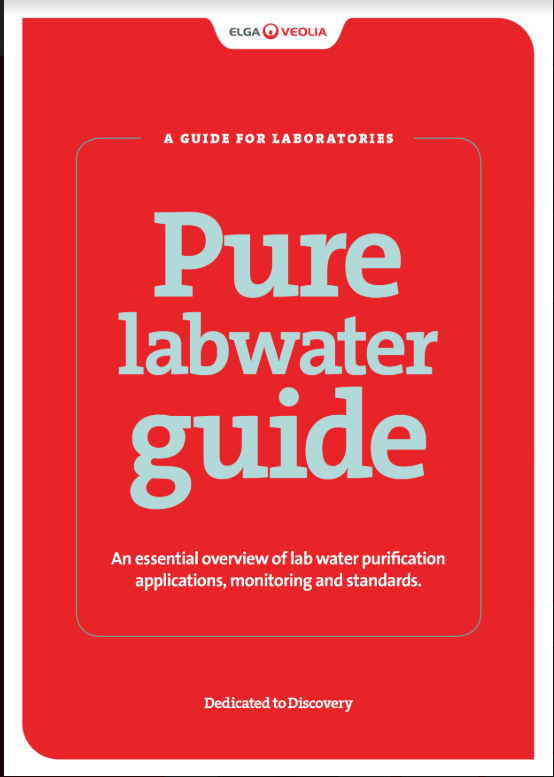Pure Water Guide
 Pure water is a fundamental reagent used in most laboratory experiments and assays. If you are an academic, pharmaceutical, formulation or drug discovery scientist and you are having data quality or contamination issues, then your lab water supply could be your problem. Sadly, most researchers don’t consider their water choice until it is too late!
Pure water is a fundamental reagent used in most laboratory experiments and assays. If you are an academic, pharmaceutical, formulation or drug discovery scientist and you are having data quality or contamination issues, then your lab water supply could be your problem. Sadly, most researchers don’t consider their water choice until it is too late!
To help, our extensive pure water guide has all the information you need to accurately and reliably choose the right pure water specification for your lab experiments.
The guide covers:
- How the most effective water choice can prevent errors and data issues while saving you money, time and unnecessary stress
- Guidance on how to choose between deionized water (di water), double distilled water (dd water) or other analytical grades (e.g. Type I, II, III and ultrapure water) based on assay sensitivity
- Which contaminants and impurities can affect your experiments (and how to remove them using different purification systems and technologies)
- Best lab practice for using pure water (such as dispensing water only when you need it and monitoring purity over time)
